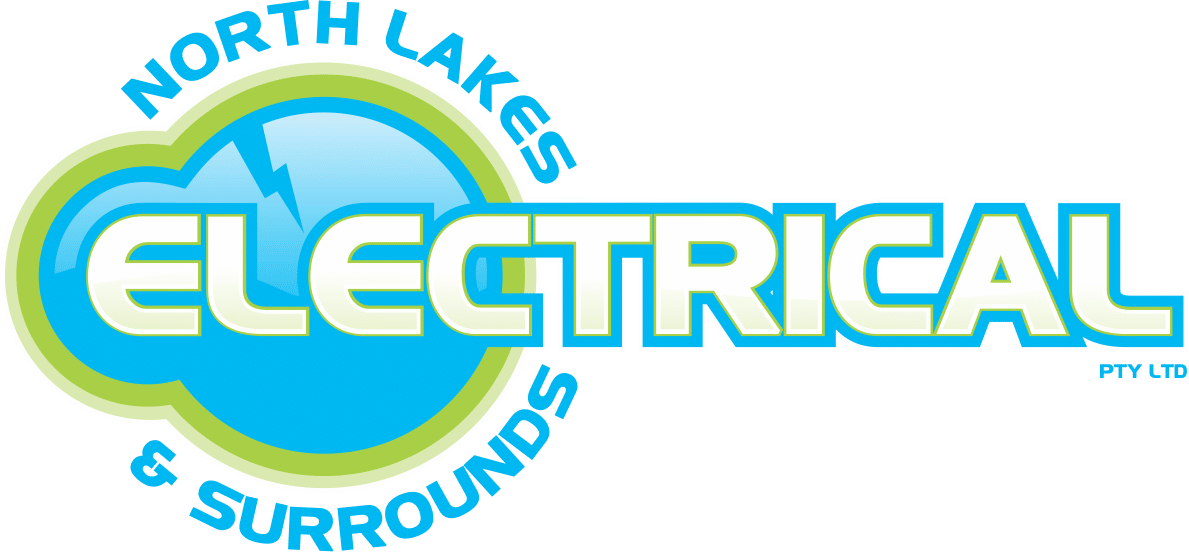How Often Should a Commercial Property Be Inspected Electrically?
Electrical safety is one of the highest priorities for any commercial property owner or manager. Whether you oversee an office, warehouse, retail space, workshop or hospitality venue, your electrical systems are working hard every day. Over time, wiring, switchboards, circuits and equipment naturally wear out. Regular electrical inspections are essential to ensure the safety of staff, customers and contractors, while also keeping you compliant with Queensland regulations.
Many business owners assume electrical inspections are only needed when something goes wrong. In reality, commercial buildings should follow a structured inspection schedule to stay safe, efficient and compliant. This guide explains how often commercial properties should be inspected electrically, why inspections matter and what is typically involved.
Why Electrical Inspections Matter
Commercial buildings use more power than standard residential homes. High use, large equipment, constant foot traffic and demanding operating hours mean electrical systems face greater strain. A routine inspection helps identify hazards early, prevent costly breakdowns and reduce the risk of electrical fires.
Electrical faults are a major cause of commercial property damage across Australia. They can also put workers and visitors at risk of electric shock. Regular inspections give businesses peace of mind by ensuring all electrical components meet current safety standards.
Legal Obligations for Brisbane Businesses
Under Queensland’s Electrical Safety Act, commercial property owners and managers must ensure their workplace is electrically safe. This includes maintaining safe systems, ensuring electrical equipment is compliant and organising regular testing by a licensed electrician. Failure to meet these obligations can lead to fines, insurance complications and serious liability if an incident occurs.
Although Queensland does not always mandate a specific inspection frequency for all commercial properties, the responsibility falls on the business to prove they took reasonable steps to maintain electrical safety. For most businesses, this means following industry best practice and documenting inspections properly.
Recommended Inspection Frequency
The ideal electrical inspection schedule depends on factors like building age, electrical load, equipment type and industry regulations. Below are the recommended timeframes for most commercial properties in Brisbane.
Every 12 Months
An annual electrical inspection is considered the standard for most commercial buildings. This timeframe ensures hazards are identified before they become dangerous. For offices, retail stores, schools, restaurants and smaller warehouses, yearly inspections are usually sufficient unless issues arise sooner.
Every 6 Months
Businesses with high power usage should book inspections more frequently. This includes workshops, factories, medical facilities, data centres and buildings with older infrastructure. High demand places more stress on circuits and switchboards, making early detection essential.
Every 3 Months
Some industries operate under strict compliance requirements. Venues with heavy machinery, commercial kitchens, ageing wiring or hazardous environments may need quarterly inspections. If your building has a history of electrical issues, more frequent checks help maintain safety and stability.
Immediate Inspection After Damage or Changes
Outside the regular schedule, certain events require an urgent electrical inspection, such as:
- Water damage from storms or flooding
- Renovations or extensions to the building
- Frequent tripping of circuit breakers
- Burning smells near electrical panels
- Sparking outlets or flickering lighting
These signs should never be ignored. Early intervention can prevent fires and expensive repairs.
What Happens During a Commercial Electrical Inspection?
A licensed electrician will complete a thorough assessment of your building’s electrical systems. This often includes:
- Inspection of the main switchboard and circuits
- Testing and tagging electrical equipment
- Checking safety switches and breakers
- Assessing wiring condition and insulation
- Inspecting lighting systems
- Reviewing emergency and exit lighting
- Testing power points and outlets
- Checking fixed appliances supplied by the business
- Ensuring compliance with current electrical standards
After the inspection, you will receive a detailed report outlining any defects, recommended repairs and compliance notes. Keeping these records is important for insurance claims and workplace safety audits.
Signs Your Commercial Property Needs an Inspection Sooner
Even if your annual inspection is not due, certain warning signs indicate you should call an electrician right away. These include:
- Repeatedly tripping breakers
- Outlets or switches that feel hot
- Buzzing or humming from electrical panels
- Burning smells near wiring or appliances
- Flickering or dimming lights
- Ageing or damaged appliances
- Workers reporting electric shocks from equipment
These symptoms usually worsen quickly and may indicate dangerous faults. Early inspections help avoid downtime and protect your staff.
How to Choose the Right Inspection Schedule
To choose the best inspection frequency for your commercial property, consider the following:
- Age of the building: Older properties need more frequent checks.
- Electrical demand: Businesses with heavy equipment should inspect more often.
- Previous issues: A history of electrical faults means closer monitoring.
- Industry rules: Hospitality, healthcare and industrial workplaces often need strict compliance.
- Insurance requirements: Some insurers mandate regular inspections.
Your electrician can help create a personalised schedule based on your building’s needs.
Regular electrical inspections are essential for every commercial property in Brisbane. While yearly checks are suitable for many businesses, others require more frequent assessments depending on their electrical load and industry standards. Staying on top of inspections protects your staff, reduces fire risks, prevents costly breakdowns and keeps your business compliant with Queensland’s safety laws.
By working with a licensed electrician and following a structured maintenance plan, you can ensure your commercial building remains safe, efficient and ready for daily operations.

